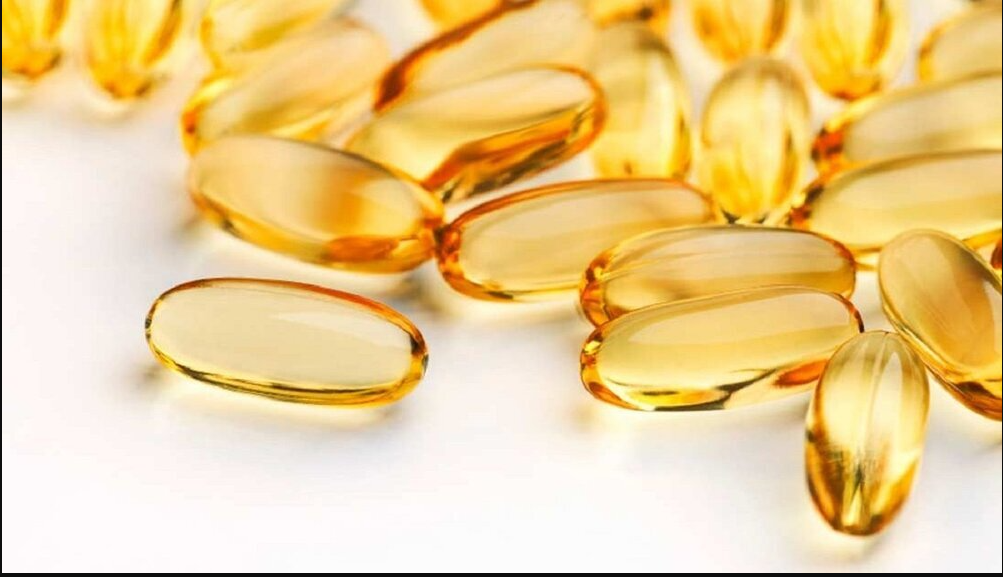THE BENEFITS OF COENZYME Q10
What is Coenzyme Q10?
Coenzyme Q or ubiquinone is a lipid-soluble antioxidant produced by animals (1). The chemical version present in humans is coenzyme Q10, named based on its structure.
What are the features of coenzyme Q10?
Coenzyme Q10 is a central component in the electron transport chain in mitochondria, the powerhouse of the cell. It is generally involved in the structural and functional generation of energy in the mitochondria. Coenzyme Q10 also provides antioxidant protection to cell membranes and plasma lipoproteins (2). This contributes to the benefits coenzyme Q10 has against cardiovascular disease and neurodegenerative diseases (3, 4). Coenzyme Q10 is especially important in reducing vitamins C and E as part of its antioxidant function (5). As an antioxidant, it also has benefits against aging. Unfortunately, with oral supplements, only a small amount is believed to be digested to reach the tissues and organs (6). Most of it is believed to be eliminated in the feces. The good part about this is that you cannot reach toxic amounts in the body.
Health benefits of Coenzyme Q10
Coenzyme Q10 deficiency syndrome
This deficiency is based on decreased coenzyme Q10 levels in the skeletal muscle and/or skin fibroblasts. It is a rare disease and is mostly genetically associated. It involves mutations in the genes involved in the synthesis of coenzyme Q10. There can also be mitochondrial disfunctions that are grouped under this disease. Oral supplementation with coenzyme Q10 can help with this in some cases. As mitochondria are present in all tissues, it is difficult sometimes to diagnose this condition.
Aging
In humans, there is a decrease in coenzyme Q10 synthesis with aging (7 – 10). Also, the amount of coenzyme Q10 in the plasma of elderly people is positively correlated with their levels of physical activity and cholesterol concentration (11, 12). Thus, people with higher coenzyme Q10 have higher energy levels in terms of physical activity. Older people orally supplemented with coenzyme Q10 over a 4 year period have shown an improvement in vitality, physical performance and quality of life (13). Oral supplementation also prevents oxidative stress associated with cardiovascular and neurodegenerative diseases that are a part of aging (14).
Cardiovascular disease
Supplementation with coenzyme Q10 has been shown to reduce systolic blood pressure (15). Supplementation may also reduce cardiovascular mortality allowing people to live longer (4, 16). This is mainly due to the antioxidant benefit of coenzyme Q10. Overall, more research is needed to see the therapeutic benefit of coenzyme Q10 to cardiovascular disease.
Metabolic syndrome and diabetes
Coenzyme Q10 can reduce fasting plasma glucose levels in some people (17). There is also some evidence to show that coenzyme Q10 is effective in reducing serum triglycerides (18) and plasma lipoprotein (19). This activity can also be attributed to the antioxidant potential of coenzyme Q10. For a clear connection, however, more research is needed.
Kidney disease
Oxidative stress (damage from free radicals) plays a role in diabetic kidney disease. There is some evidence indicating that coenzyme Q10 can reduce oxidative stress in patients undergoing hemodialysis (20). More research is required to see if coenzyme Q10 is effective to treat kidney disease but its antioxidant potential does seem to benefit patients.
Inflammation
Aging is associated with chronic inflammation and increased oxidative stress. This, in turn, is associated with cardiovascular disease, diabetes, cancer, and chronic kidney disease. Oral supplementation with coenzyme Q10 reduced inflammatory marker production in elderly individuals (21). Supplementation with coenzyme Q10 also protected against oxidative damage in down syndrome patients who are known to have high proinflammatory markers (22, 23). Inflammatory conditions are complex and so more research is needed to see if there is a clear benefit.
Neurodegenerative diseases
Mitochondrial dysfunction is associated with neurodegenerative diseases (24). Coenzyme Q10 may preserve mitochondrial function and reduce the loss of neurons in Parkinson’s disease (25). Parkinson’s disease patients mostly have a coenzyme Q10 deficiency (26). Thus, Coenzyme Q10 oral supplementation could benefit these patients. More research is required to see the therapeutic benefit of coenzyme Q10 with other neurodegenerative diseases.
Fertility
Coenzyme Q10 may improve male fertility (27). It has been shown to improve sperm concentration, density, motility and morphology (28, 29). More research on female infertility is needed to see if there is a benefit in women.
Dose and Precaution with Coenzyme Q10
Coenzyme Q10 oral supplements should be taken as recommended on the bottle or by a doctor. Mild side effects include stomach upset, loss of appetite, nausea, vomiting, and diarrhea. Some may also see skin rashes or allergic reactions. There is also a rare chance it will lower blood pressure. If you have low blood pressure, it might be best to consult a doctor before taking it. If you observe any of the side effects, refrain from taking coenzyme Q10 oral supplements or consult a doctor. Taking smaller doses of it at various time intervals instead of one large dose a day can help alleviate the side effects. Coenzyme Q10 can interfere with chemotherapy treatment, high blood pressure medication (as it decreases blood pressure) and warfarin. Please consult a doctor if you are on these treatments or have any concerns taking it.
MapleLife coenzyme Q10
MapleLife provides high-quality supplements at a very reasonable price. Coenzyme Q10 is found in all our cells and is essential for our energy production and to prevent damage that might occur from free radicals. There is a wide range of benefits as listed in this article especially for the elderly or those concerned about aging poorly. If you are experiencing energy deficits, consider trying adding coenzyme Q10 to your daily supplements or consult a doctor if you are concerned about it interfering with your medication.


